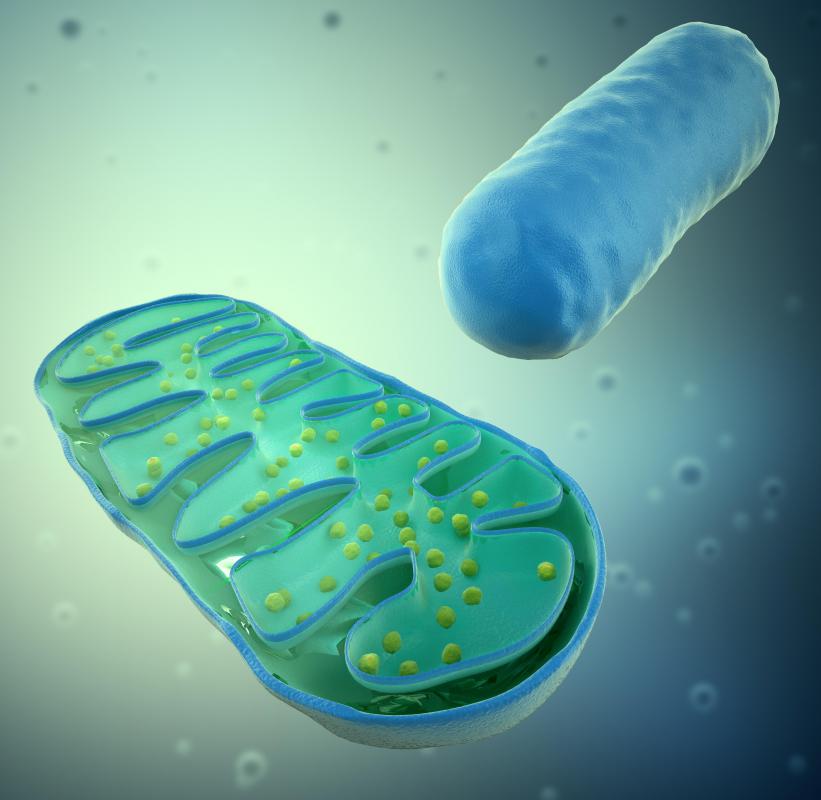At WiseGEEK, we're committed to delivering accurate, trustworthy information. Our expert-authored content is rigorously fact-checked and sourced from credible authorities. Discover how we uphold the highest standards in providing you with reliable knowledge.
What are Anti-Aging Drugs?
Anti-aging drugs commonly means drugs that can extend a person's lifespan and counteract the physical and mental deterioration that comes with old age. Research on anti-aging drugs usually focuses on drugs that can slow, prevent or reverse the aging process in general, and prevent or cure the so-called diseases of aging, like cancer, diabetes, dementia, heart disease, Alzheimer's, and Parkinson's. Research indicates that these diseases, and the aging process itself, are linked to the cells in the body wearing down over time. Successful anti-aging drugs should therefore be able to prevent or reverse this cellular breakdown. In recent years, some drugs have been scientifically proven to reduce the risk of certain age-related diseases and extend the life expectancy of various animals, but most of these results have not been reproduced in humans.
Researching and developing anti-aging drugs are a major part of biomedical gerontology, sometimes called experimental gerontology or life extension, a branch of medicine that focuses on ways to make people live longer with less age-related diseases. So far, no drugs have been scientifically proven to extend the human lifespan. The only kind of treatment definitively proven to make humans live longer is a calorie-restricted diet that can be very difficult to maintain and can cause metabolic problems.

The cellular breakdown responsible for aging is linked to the natural, and necessary, function of mitochondria. Mitochondria are a vital part of every cell in the body. They are the power plants of the cells, generating the energy that the cells and the body as a whole needs. As a byproduct of this process, mitochondria produce free radicals that damage DNA, eventually causing cells and tissue to malfunction and fail. This is what causes aging, and can also cause age-related diseases.

Two anti-aging drugs with proven scientific results are Rapamycin and Resveratrol. These drugs activate an enzyme called SIRT1 that is linked to the metabolic process of mitochondria, and this activation seems to counteract cellular breakdown. Both of these drugs have been shown to slow aging in yeast and invertebrates, and increase life expectancy in mice, but more studies are needed to determine if these results apply to humans. Human growth hormone is proven to have some of the same effects as these anti-aging drugs, but it also has serious potential side effects, like liver damage and enlarged organs. Using stem cells for tissue rejuvenation and molecular repair is another treatment that is being studied as a way to reverse or slow aging.
AS FEATURED ON:
AS FEATURED ON:















Discussion Comments
The ultimate aging cure is probably hiding somewhere in nature and we just haven't found it yet. There are many herbs that can slow the aging process and make us feel better. Until we find the fountain of youth, eating healthy, exercising and taking care of yourself emotionally is the best way to not get old.
@Laotionne - Steroids are used by doctors for a number of illnesses and injuries. They are good for reducing swelling and can help with both pain and healing, but they are far from a wonder drug. I'd even go as far as to say that when used too much for a long period they can actually cause the body to break down.
If you do a little research, you'll see that many of the athletes who used steroids to help them play are now paying the price. The body isn't designed to withstand the pressure and force that athletes are able to put on their bodies when they are on performance enhancing drugs and undergoing HGH therapy.
Steroids are short term solutions to aging challenges at best, and destructive drugs at worst.
Isn't it amazing what steroids are able to do to help athletes regain strength and play their sports like they did when they were at their peaks? This makes me wonder if steroids might work really well as anti aging drugs. I mean, is it possible that one day we will be taking a steroid or a combinations of steroids each day like we take one-a-day vitamins now?
This may sound strange now, but how can we ignore how much these drugs have helped athletes perform better?
Post your comments